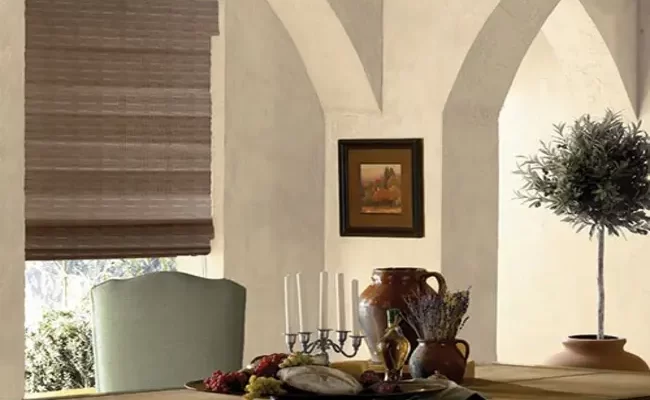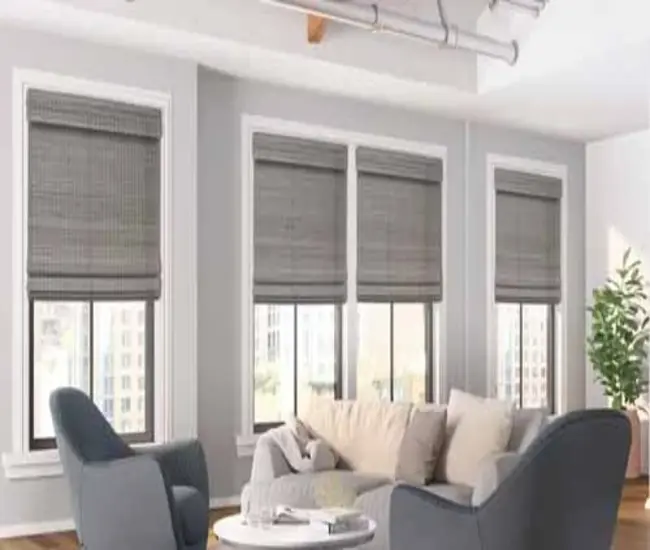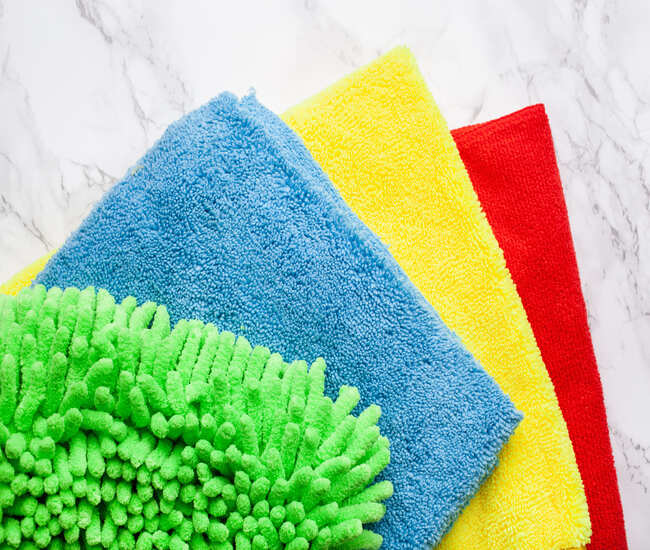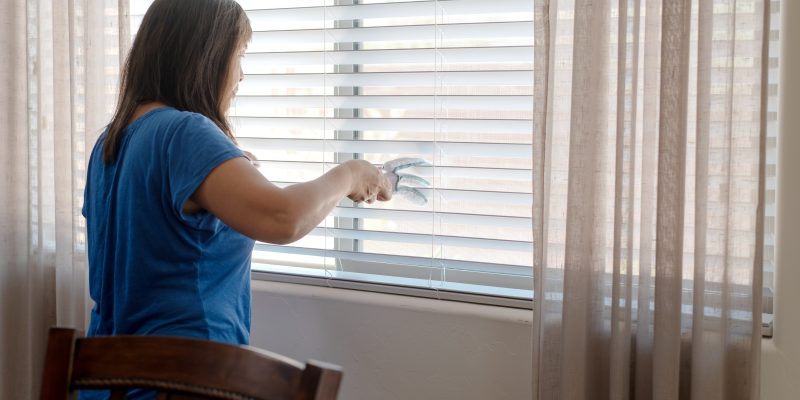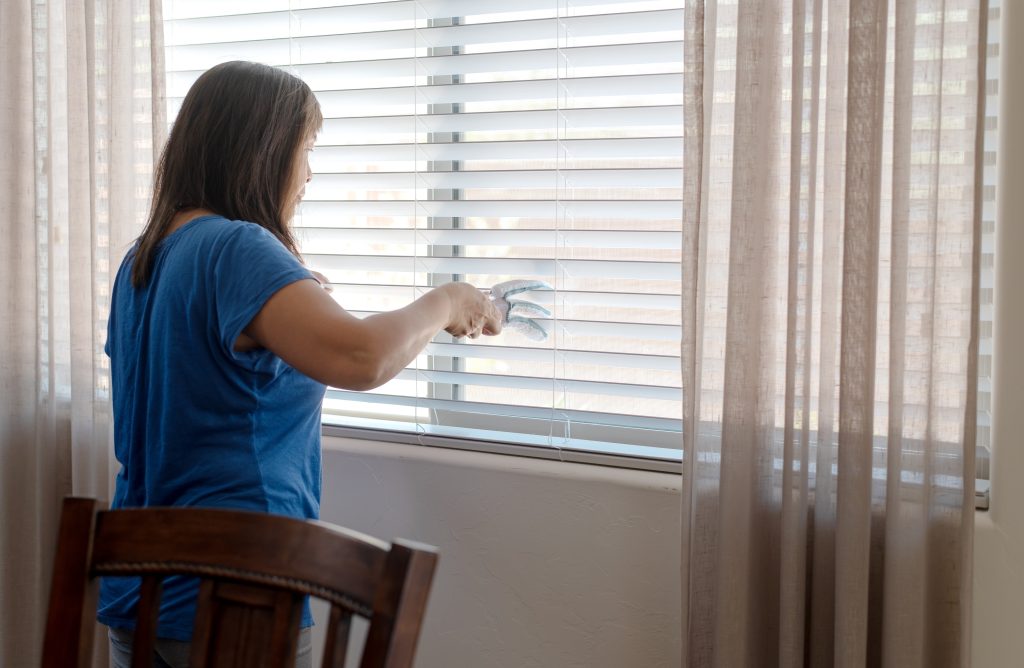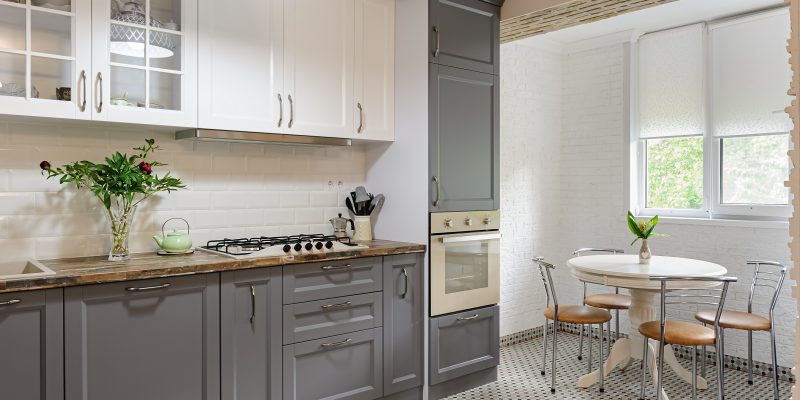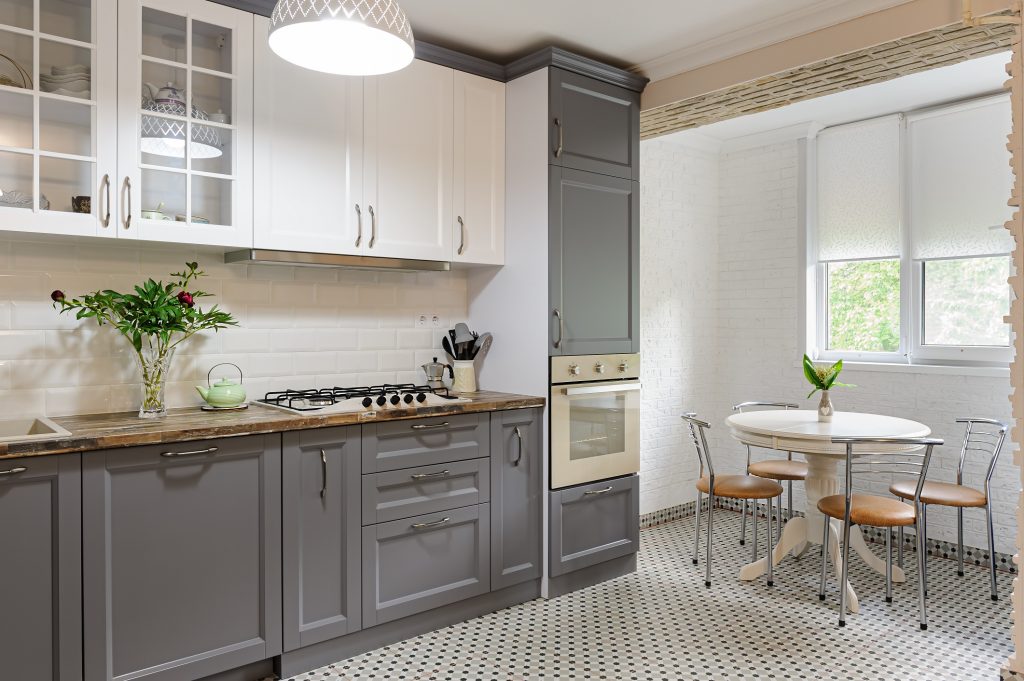If you’re looking for a way to keep your home cooler in the summer, you may want to consider installing window blinds. Blinds can block out the sun’s rays, helping to keep your home cooler during the hot summer months. But do window blinds really work? Let’s take a look at the science behind them and find out.
Key Takeaways:
- Window blinds can help to keep a room cooler in summer by blocking out the sun’s rays.
- The science behind how window blinds work is that they reflect or absorb the sun’s radiation, depending on the type of blind.
- The benefits of using window blinds to keep a room cooler in summer include lower energy bills and improved comfort.
- The drawbacks of using window blinds to keep a room cooler in summer include the need for regular maintenance and the possibility of glare.
- Overall, window blinds are an effective way to keep a room cooler in summer. If you’re looking for a way to lower your energy bills and improve your comfort, they’re worth considering.
If you’re looking for a way to keep your home cooler in the summer, blinds are a good option. Blinds can help to block out the sun’s rays and keep your home cooler during the hot summer months. But do window blinds really work? Let’s take a look at the science behind them and find out.
Window blinds and their ability
Window blinds are a popular window treatment for many homes and businesses. Not only do they offer privacy and style, but they also provide a number of practical benefits. One of the most important is their ability to keep a room cooler in summer. By blocking direct sunlight, window blinds can reduce the amount of heat that enters a room, making it more comfortable during the hotter months. In addition, window blinds can also help to reduce glare, making it easier to work or relax in a sunny room. As a result, window blinds can be an invaluable addition to any home or office.
The science behind it
Window blinds are a popular choice for keeping a room cool in summer. But how do they work? Essentially, window blinds work by reflecting heat away from the window. This helps to keep the room cooler as the heat is not able to enter. In addition, window blinds help to block out direct sunlight, which can also contribute to making a room feel cooler. Finally, window blinds can help to insulate a room by trapping air between the window and the blind. This air acts as a barrier, preventing heat from entering the room. So, if you’re looking for a way to keep your home cool this summer, window blinds are a great option.
The benefits
There are a number of benefits to using window blinds to keep a room cool in summer. The most obvious is that it can help to reduce your energy bills. By keeping the heat out, you won’t have to use the air conditioner as much, which can save you money on your energy bills. In addition, using window blinds can help to improve your comfort. If you struggle to sleep in a hot room, or find it difficult to concentrate in a sunny office, window blinds can make a big difference. Finally, using window blinds can help to protect your furniture and flooring from fading. The sun’s UV rays can cause damage to your belongings, but window blinds can help to block them out, keeping your things in better condition for longer.
There are several benefits to using window blinds to keep a room cooler in summer. One benefit is that blinds can block out direct sunlight, which can help to prevent the room from becoming too warm. Another benefit is that online blinds can help to regulate the amount of airflow in a room, which can also help to keep the room cool. Finally, blinds can provide an additional layer of insulation, which can further help to keep a room cool. By taking advantage of these benefits, window blinds can be an effective way to keep a room cooler in summer.
The drawbacks
Window blinds are a common way to keep a room cooler in the summer. However, there are several drawbacks to using window blinds for this purpose. First, window blinds can impede airflow and prevent natural ventilation from taking place. This can cause the room to feel stuffy and can make it difficult to cool down. Additionally, window blinds can block out sunlight, making it difficult to see in the room. Finally, window blinds can be a dust magnet, trapping dust and allergens in the room. If you suffer from allergies, this can be a major downside to using window blinds. Overall, while window blinds may help to keep a room cooler in the summer, they also have several drawbacks that should be considered before making a purchase.
The bottom line: Pros and Cons of using window blinds
Window blinds are a common window treatment that can serve many purposes, including helping to keep a room cooler in summer. When closed, window blinds provide a barrier between the window and the room, preventing heat from the sun from entering. In addition, window blinds can be angled to direct sunlight away from the room, further reducing the amount of heat that enters. However, window blinds can also block out natural light and make a room feel darker and more oppressive. In addition, window blinds can be difficult to clean and dust buildup can cause them to become less effective at blocking out light. As a result, it is important to weigh the pros and cons of using window blinds before making a decision.



